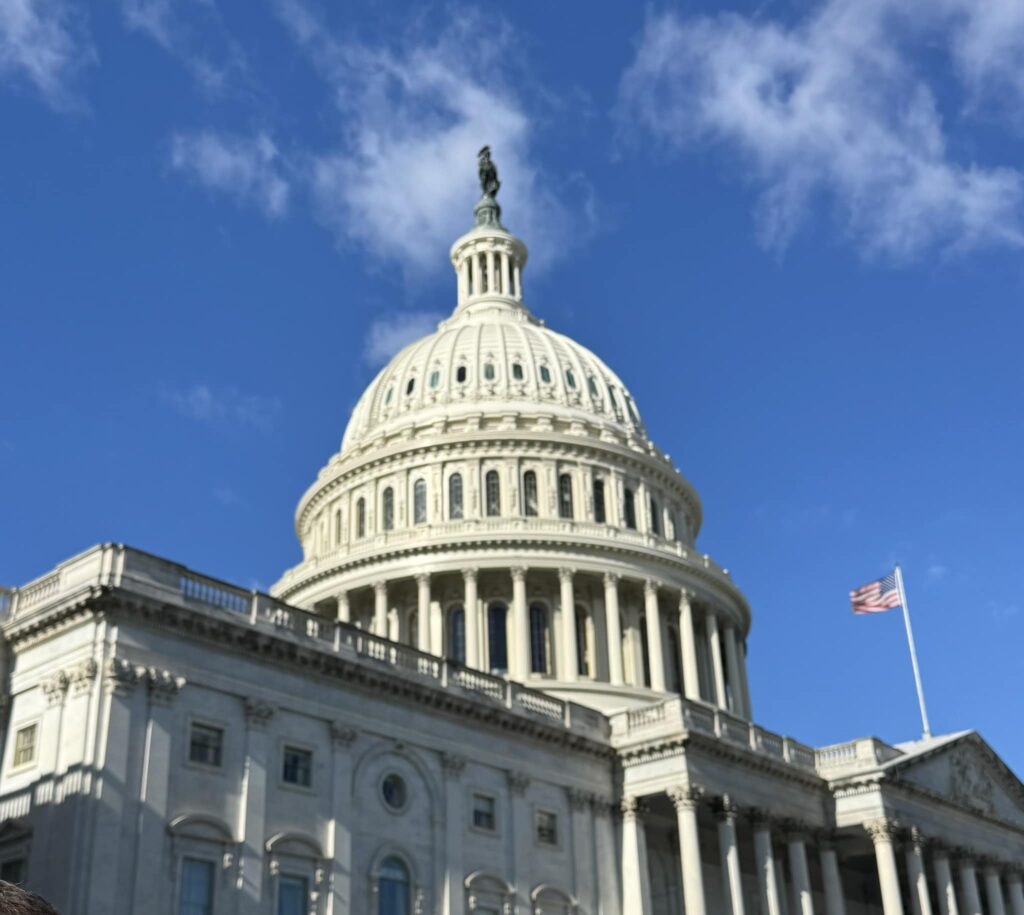Anti-Choice Lawyer Gives Away the Game in SCOTUS Abortion Case
The Supreme Court began hearing oral arguments in United States v. Idaho Wednesday—and it was not smooth sailing for the Gem State and its abortion ban.At the crux of the case is whether pregnant people in Idaho will be allowed to get abortions when receiving lifesaving, critical care at hospitals and emergency rooms, or if they and their fetus will be considered two separate people, with the potential for the viability of the fetus to take a healthcare precedent.But on Wednesday morning, Justice Ketanji Brown Jackson was already openly questioning why the nation’s highest court was even hearing the case if the state was, as Idaho Attorney General’s Office’s defense attorney Josh Turner claimed, in complete compliance with EMTALA, a federal law that requires emergency rooms to provide care to any individuals who show up.But Turner’s claim completely fails to acknowledge the practical realities of medical care within the state, where politicians have made abortion care a felony and outright criminalizing the act even if it could save a pregnant person’s life—as Solicitor General Elizabeth Prelogar reminded the court.According to Turner, there would need to be a “clear statement” in EMTALA that clarifies Congress explicitly demands doctors perform abortions.Idaho already has a near-total abortion ban, but the Alliance Defending Freedom, the far-right Christian legal advocacy group arguing the lawsuit on behalf of the state, is utilizing the case to advance the idea of fetal personhood. This stipulation would effectively require doctors to treat fetuses—no matter how underdeveloped—with the same medical care as the person carrying it, even if it poses a medical risk to the pregnant patient.Fetal personhood was a heavy topic of interest in Wednesday’s hearing, with Prelogar entering into a heated back-and-forth with Justice Samuel Alito over the issue, reminding the conservative judge that “a woman is an individual.” That made Alito, who wrote the majority opinion in the case that overturned Roe v. Wade, scoff that nobody had suggested they weren’t, reported Rewire News Group’s Jessica Mason Pieklo. But Prelogar shot one back: actually, Idaho is.Pro-abortion activists have long warned that providing equal human rights to a fetus—especially if it’s a cluster of cells—will effectively strip pregnant people of their own rights. The notion of fetal personhood has also been leveraged elsewhere in the country to restrict IVF access in states such as Alabama and limit access to forms of birth control.“Thirteen of Idaho’s 44 counties are already maternity care deserts. Emergency rooms then become frontline care. The Idaho ban’s severe limitation on treatment options will only result in increasing Idaho’s already unacceptable maternity mortality and morbidity rates,” warned the board chair of Physicians for Human Rights, Gerson H. Smoger, ahead of Wednesday’s hearing.

The Supreme Court began hearing oral arguments in United States v. Idaho Wednesday—and it was not smooth sailing for the Gem State and its abortion ban.
At the crux of the case is whether pregnant people in Idaho will be allowed to get abortions when receiving lifesaving, critical care at hospitals and emergency rooms, or if they and their fetus will be considered two separate people, with the potential for the viability of the fetus to take a healthcare precedent.
But on Wednesday morning, Justice Ketanji Brown Jackson was already openly questioning why the nation’s highest court was even hearing the case if the state was, as Idaho Attorney General’s Office’s defense attorney Josh Turner claimed, in complete compliance with EMTALA, a federal law that requires emergency rooms to provide care to any individuals who show up.
But Turner’s claim completely fails to acknowledge the practical realities of medical care within the state, where politicians have made abortion care a felony and outright criminalizing the act even if it could save a pregnant person’s life—as Solicitor General Elizabeth Prelogar reminded the court.
According to Turner, there would need to be a “clear statement” in EMTALA that clarifies Congress explicitly demands doctors perform abortions.
Idaho already has a near-total abortion ban, but the Alliance Defending Freedom, the far-right Christian legal advocacy group arguing the lawsuit on behalf of the state, is utilizing the case to advance the idea of fetal personhood. This stipulation would effectively require doctors to treat fetuses—no matter how underdeveloped—with the same medical care as the person carrying it, even if it poses a medical risk to the pregnant patient.
Fetal personhood was a heavy topic of interest in Wednesday’s hearing, with Prelogar entering into a heated back-and-forth with Justice Samuel Alito over the issue, reminding the conservative judge that “a woman is an individual.” That made Alito, who wrote the majority opinion in the case that overturned Roe v. Wade, scoff that nobody had suggested they weren’t, reported Rewire News Group’s Jessica Mason Pieklo.
But Prelogar shot one back: actually, Idaho is.
Pro-abortion activists have long warned that providing equal human rights to a fetus—especially if it’s a cluster of cells—will effectively strip pregnant people of their own rights. The notion of fetal personhood has also been leveraged elsewhere in the country to restrict IVF access in states such as Alabama and limit access to forms of birth control.
“Thirteen of Idaho’s 44 counties are already maternity care deserts. Emergency rooms then become frontline care. The Idaho ban’s severe limitation on treatment options will only result in increasing Idaho’s already unacceptable maternity mortality and morbidity rates,” warned the board chair of Physicians for Human Rights, Gerson H. Smoger, ahead of Wednesday’s hearing.


